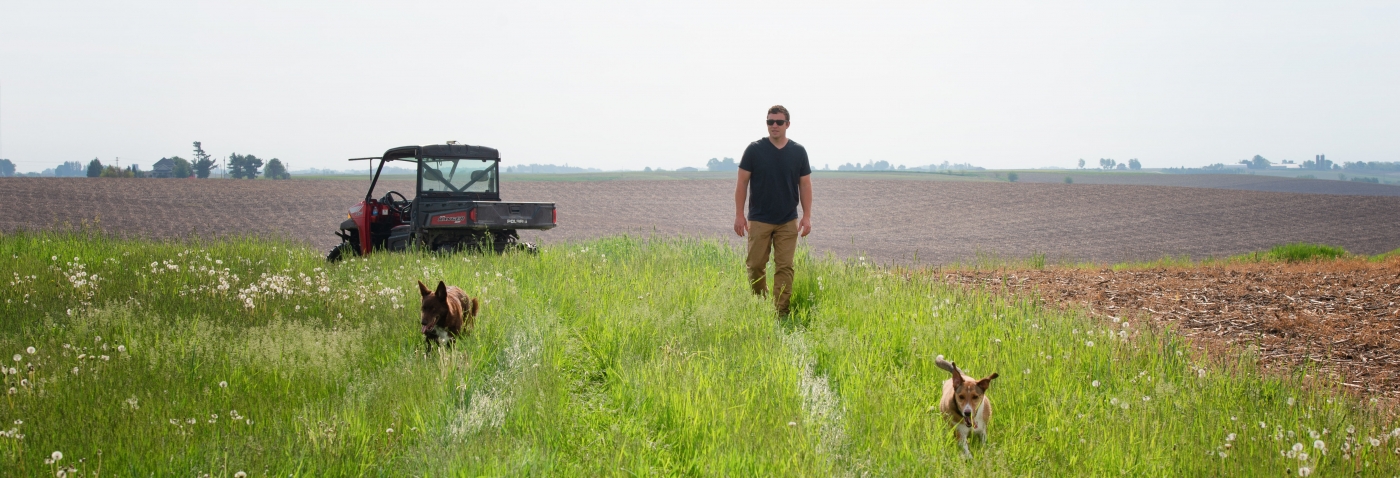College of Liberal Arts & Sciences

Local Food
Why Local?
Buying and eating local food has exceptional taste and freshness, helps strengthen the local economy, supports family farms, is extremely nutritious, and helps protect the environment.
Visit The Iowa City Farmer's Market
The Iowa City Farmer's Market is a perfect place to buy local food! Check it out May through October at the Chauncey Swan Parking Ramp and the 400 block of Washington Street, Saturday morning from 7:30 am to noon.
Resources
The University of Iowa is fortunate to be in a community that has active local food supporters.
Johnson County Local Foods Council and Policy
Local Foods Connection, a group in east-central Iowa who donate fresh local produce to low-income families.
Local Harvest, an online resource to find farmers markets, family farms, and other sources of sustainably grown food near you.
Edible Iowa River Valley, a publication celebration Iowa local foods, season by season
Practical Farmers of Iowa, a non-profit, educational organization that began in 1985 and now has more than 2,300 individual members in Iowa and neighboring states. Its mission is to research, develop and promote profitable, ecologically sound and community-enhancing approaches to agriculture.

